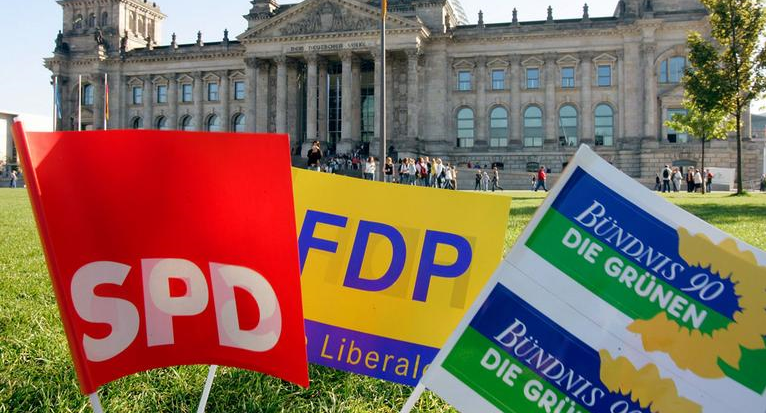The Bundestag’s Traffic Light Coalition parties have finalized the details of the security package agreed upon following the Solingen attack. This agreement was reached after consulting the Bundestag’s expert committee. The measures encompass three areas: migration regulations, the investigative powers of federal security authorities, and weapons law. According to the coalition’s parliamentary group deputy, Dirk Wiese, the Social Democratic Party (SPD) has undermined the security package.
In mid-September, the Bundestag reviewed several bills submitted by the three parties within the traffic light coalition. Konstantin Kuhle, deputy leader of the FDP parliamentary group, informed ARD that parliament had convened an expert panel to assess the legislation. Experts raised concerns about the proposed security package. ‘This is why we’re now introducing changes to the security package,’ Kuhle explained, viewing the updates as adjustments that limit the original scope of the plans.”
“We will moderately expand the powers of security authorities while respecting fundamental rights, and order and immigration control will be strengthened,” Kuhle said. In addition, changes are planned in the area of weapons law to address the increasing knife crime in Germany,” Kuhle said.
The proposal to reduce social benefits for Dublin refugees—migrants who have applied for asylum in other countries—has sparked controversy within the coalition. The SPD parliamentary group sent a letter to its members aimed at weakening plans to abolish social benefits. The Green Party supports this stance, opposing any reduction in social benefits for Dublin refugees unless their return to the European country responsible for their asylum is possible, and emphasizing that children must not be affected by such cuts.
We don’t want asylum seekers to become homeless or impoverished due to benefit exclusions,” stated the SPD.
The current agreement between the coalition parties includes restricting the planned expanded powers of the security authorities, limiting security authorities to using facial recognition technology only to prevent the most serious crimes, such as murder and the formation of terrorist groups. These measures were introduced in response to experts’ concerns about infringements on fundamental rights. According to the report, this means there should be far fewer cases in which authorities employ such methods.
The proposed knife ban has faced criticism from experts for its unclear definition of what constitutes a knife. Kuhle stated on the radio that these concerns should be taken seriously. The new regulations aim to ensure that everyone knows whether they are affected by the knife ban. According to ARD, there will be a comprehensive list of exceptions for certain groups, including hunters, mushroom pickers, and others who rely on knives for their activities.
Germany: Traffic Light Coalition Agrees on Security Measures to Curb Migration





